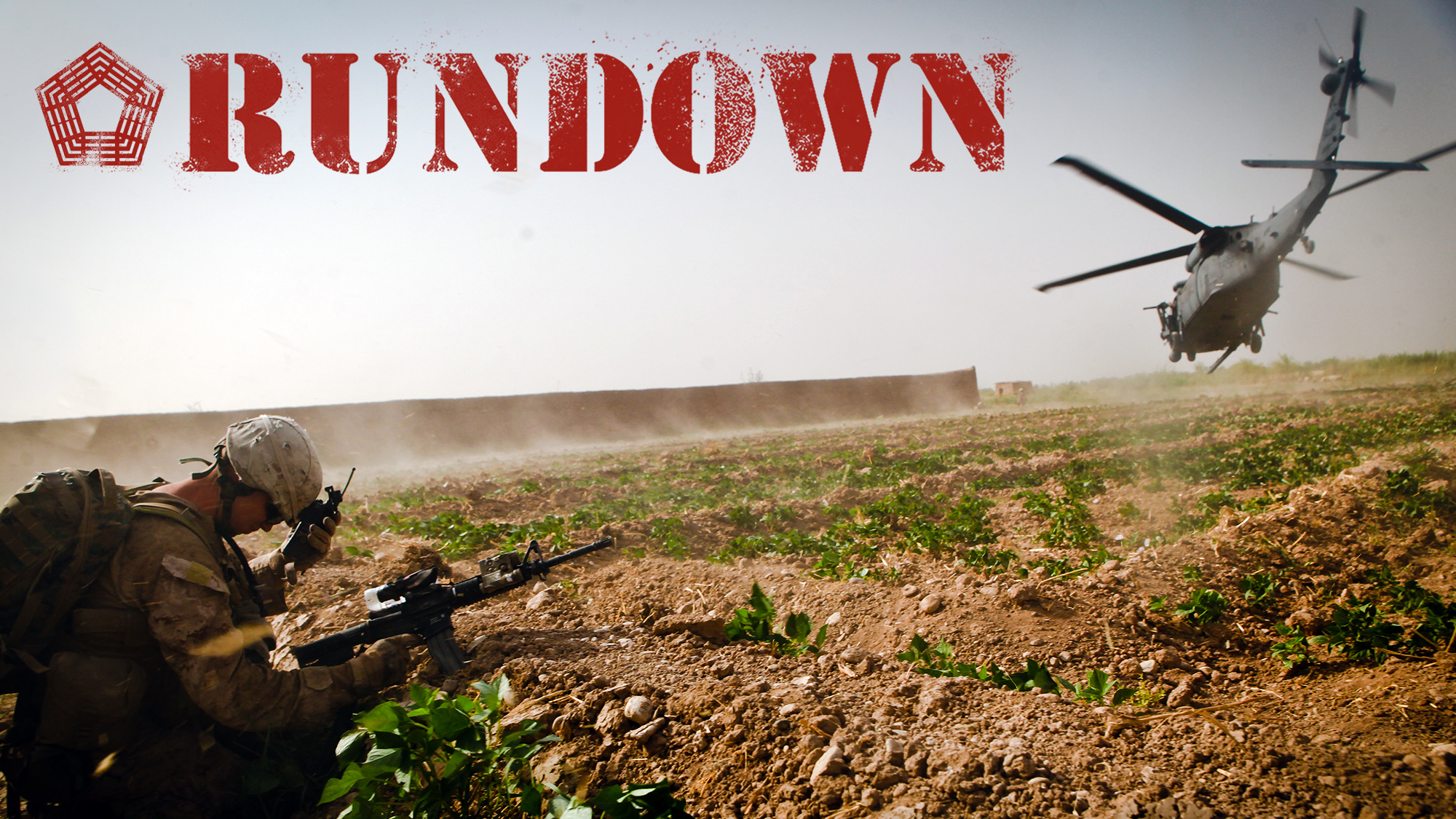
Well, it’s Friday.
This is a special edition of the Pentagon Rundown in which we will look at Defense Secretary Pete Hegseth’s promise that the latest Defense Department review of the U.S. military’s withdrawal from Afghanistan will finally lead to “accountability” for the debacle.
On Aug. 26, 2021, 13 U.S. service members and around 170 Afghans were killed in a suicide bombing at Hamid Karzai International Airport in Kabul. The bombing was the final attack on U.S. troops in a war that claimed the lives of more than 2,000 American service members since it began on Oct. 7, 2001.
But what does accountability for the withdrawal from Afghanistan actually look like? And what about accountability for the handling of America’s longest war, one plagued almost from the outset by mission creep, nebulous goals, a lack of accountability and transparency, and no clear exit plan? Accountability for that is long overdue, but it’s unclear if yet another review of the final moments of a decades-spanning war will achieve it.
John Sopko, then serving as the U.S. government’s top watchdog for Afghanistan reconstruction, told Congress in January 2020 that U.S. government officials had an “incentive” to lie about progress in Afghanistan. Yet there have been few, if any, consequences for those who kept claiming Afghanistan had turned the corner — claims made by senior leaders in the military and officials from presidential administrations of both parties.
Neither Hegseth nor any other civilian or military leaders have said what types of actions the U.S. military might take as a result of the review’s findings — a review that focuses just on the withdrawal and not the totality of the war and its management. And if it were to extend to the broader conflict, any real form of accountability would be hampered by the fact that so many of the key decision-makers in the 20-year war have since retired or otherwise left government service. A defense official queried about the matter by Task & Purpose had no additional information to provide.
Another question is who exactly should be held accountable for America’s defeat in Afghanistan. The chaotic retreat from Kabul in August 2021 was far more than a military failure. Every presidential administration between 2001 and 2021 bears some responsibility, as does Congress, which ceded its authority to declare war to the executive branch shortly after the Sept. 11, 2001, terrorist attacks. Let’s not forget the State Department, which did not order the non-combatant evacuation from Afghanistan until the day before the Taliban captured Kabul.
The United States’ NATO allies and its former partners in the now defunct Afghan government also bear a degree of culpability for the final defeat, said Jonathan Schroden, an Afghanistan expert who works for CNA, a nonprofit research and analysis organization in Arlington, Virginia.
“The finger of blame for the outcomes we observed in Afghanistan point at every actor involved,” said Schroden, who previously served as research director for the Afghanistan War Commission, which was established by Congress to conduct a comprehensive review of the conflict. “It was both a systemic failure of many organizations and the collective failure of many individuals.”
Although there have been some previous assessments of failed military missions — such as the Holloway Commission’s examination of the 1980 attempt to rescue Americans held hostage by the Iranians — the Afghanistan War Commission marks the first time the United States has attempted to conduct a non-political appraisal of a major war, Schroden said.
For the Defense Department, the task of holding people accountable for the failures in Afghanistan will be an uphill climb, especially since the military has a long history of absolving itself from any wrongdoing. Another tried and true military tradition is finding someone to blame for a catastrophe, as the Navy did after an explosion aboard the battleship USS Iowa killed 47 sailors — and again in 2020 following a deadly outbreak of the novel coronavirus (COVID-19) aboard the aircraft carrier USS Theodore Roosevelt.
The military can also be loath to discipline senior leaders, as was initially the case after four soldiers were killed in a 2017 ambush in Niger. Congress ultimately pressured the Army to withdraw a promotion to general for the colonel who approved the mission.
In cases where there is no way to deny that a war has gone terribly wrong, another solution is to remove the senior commander by promoting him. Army Gens. William Westmoreland and George Casey were both named Army chief of staff after their strategies in Vietnam and Iraq, respectively, failed.
Perhaps the accountability review announced by Hegseth will lead to a truly honest examination of the Afghanistan War, which defined a generation of service members and veterans.
Or, it could very well be derailed by the military’s inability to accept hard truths — the same thing that doomed the war to drag on until its tragic end.
Regardless of how the review pans out, those who served there can and should take pride in the individual acts of sacrifice, bravery and service they participated in and bore witness to.
The latest on Task & Purpose
- Army to eliminate 2 Security Force Assistance Brigades, reassign experienced soldiers
- Why the Army’s new XM7 rifle reignited a debate over volume of fire
- Air Force delay on separation and retirement orders isn’t ‘stop loss,’ defense official says
- F-35’s close call over Yemen raises questions about how it’s used
- An Army unit’s ‘extreme use of profanity’ was so bad, they made a rule about it

